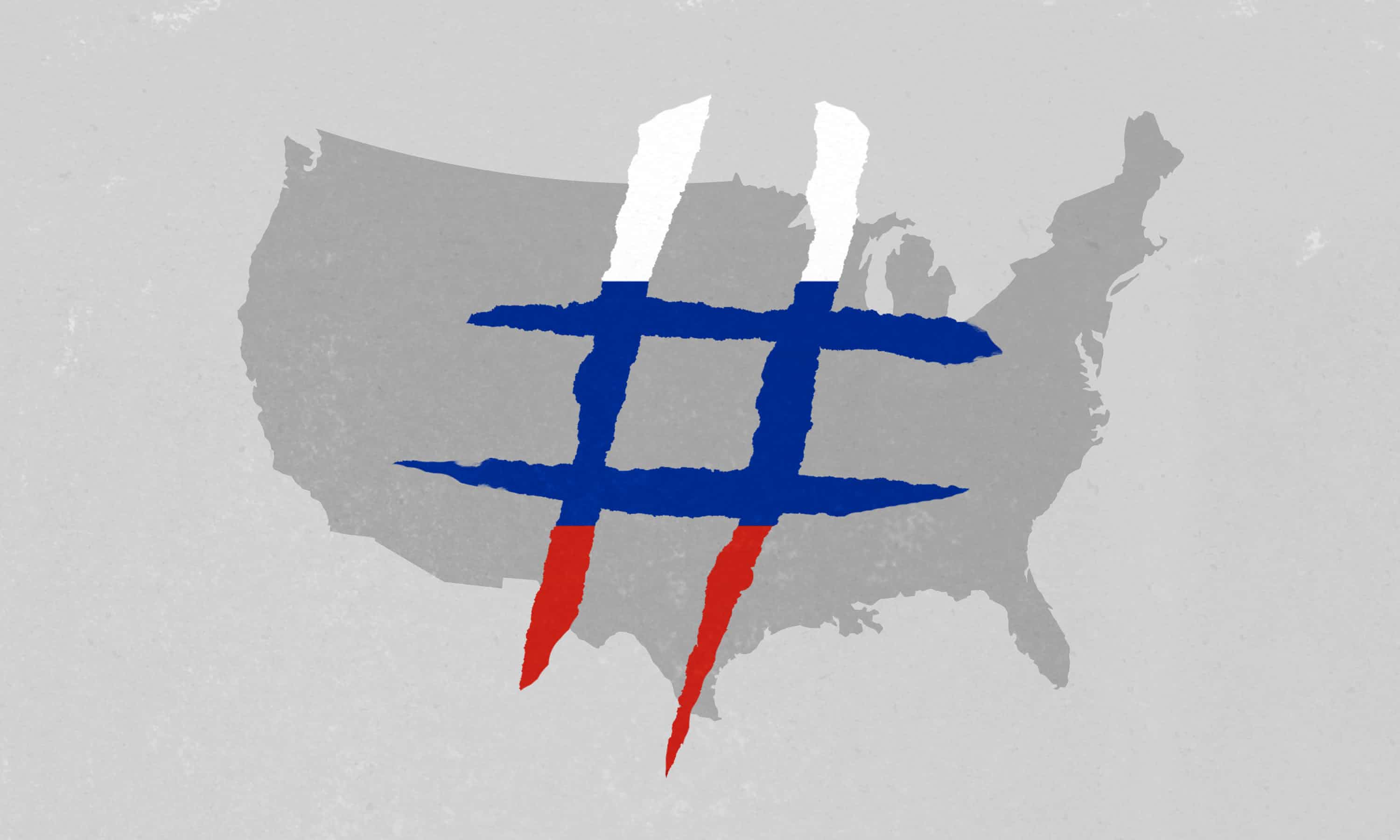
The Difference between Social Business and Social Media
The Difference between Social Business and Social Media https://csuiteold.c-suitenetwork.com/wp-content/uploads/2014/11/14327736513_c9723b1e39_z.jpg 640 426 C-Suite Network https://csuiteold.c-suitenetwork.com/wp-content/uploads/2014/11/14327736513_c9723b1e39_z.jpgby Emily Constantini

Lately I’ve noticed that the terms “social business” and “social media” are often confused — or at least we haven’t come to a firm agreement as an industry what the key differences and similarities are between the two. While this can be frustrating for someone like me who has been immersed in social business for the past several years, I can see how these terms may be confused. They both involve computers, social and networking, so they must be the same, right?
Working in social business comes with many opportunities to indoctrinate colleagues and friends with how this is going to fundamentally change the way we work. But even as more and more companies adopt social business technology, I can tell that many folks still equate anything “social” and online with Facebook and Twitter — consumer-oriented social networking sites we all know and love. While these sites play a role in social business, they aren’t the whole story.
Social networking, at this point, has been mostly a consumer activity — people using online tools to connect with others around all sorts of topics and interests. Businesses have jumped onto these platforms to market and advertise because this is where their customers are gathering. Marketing and advertising go where the people are, and over the last 100 or so years, these dollars have moved from print, to radio, to TV, to email and now to online social networking sites.
So, how is social business different than your company having a Twitter and Facebook account? Social networking, as described above, is a part of social business. But social business is not just about networking with your customers. It is about how we work together using online tools that are very much like Facebook, LinkedIn and Google+ but are designed to meet the special needs of businesses.
The online tools for social business need to be specialized for the enterprise. That is where software companies like Jive and Salesforce.com’s Chatter have made huge contributions. They provide secure social networking environments where employees connect, collaborate and create, whether they are in the same office or thousands of miles apart. And social business tools are unique in the way that they meet special business-related requirements like security, collaboration and document management.
There is a lot more to be written about social business. We are at the beginning of this movement. We are just starting to create best practices on implementing these tools in organizations and adapting business processes to best utilize them. At the same time, the software is continuing to advance and adapt to better meet the unique needs of businesses.
Remember the days when we called having an online store and email “eBusiness?” Now, it is business as usual. And someday soon, social business will be business as usual. Once I can get everyone to understand what it is…
 Emily Constantini brings more than 13 years experience in sales, territory management, large account management and business development to the JCS Consulting team as vice president of sales, Western region. Prior to joining JCS, Emily served as a regional director for Vistage International, an exclusive membership organization focused on helping senior business executives become better leaders, solve their business problems, and achieve better results. Her role was to select C-suite individuals to participate in local private advisory boards. Previously, Emily worked in the financial services industry, focused on business development in both financial systems and financial products distribution. She has consulted with small, medium and large financial institutions on wealth management platform installations. Connect with Emily on LinkedIn.
Emily Constantini brings more than 13 years experience in sales, territory management, large account management and business development to the JCS Consulting team as vice president of sales, Western region. Prior to joining JCS, Emily served as a regional director for Vistage International, an exclusive membership organization focused on helping senior business executives become better leaders, solve their business problems, and achieve better results. Her role was to select C-suite individuals to participate in local private advisory boards. Previously, Emily worked in the financial services industry, focused on business development in both financial systems and financial products distribution. She has consulted with small, medium and large financial institutions on wealth management platform installations. Connect with Emily on LinkedIn.




